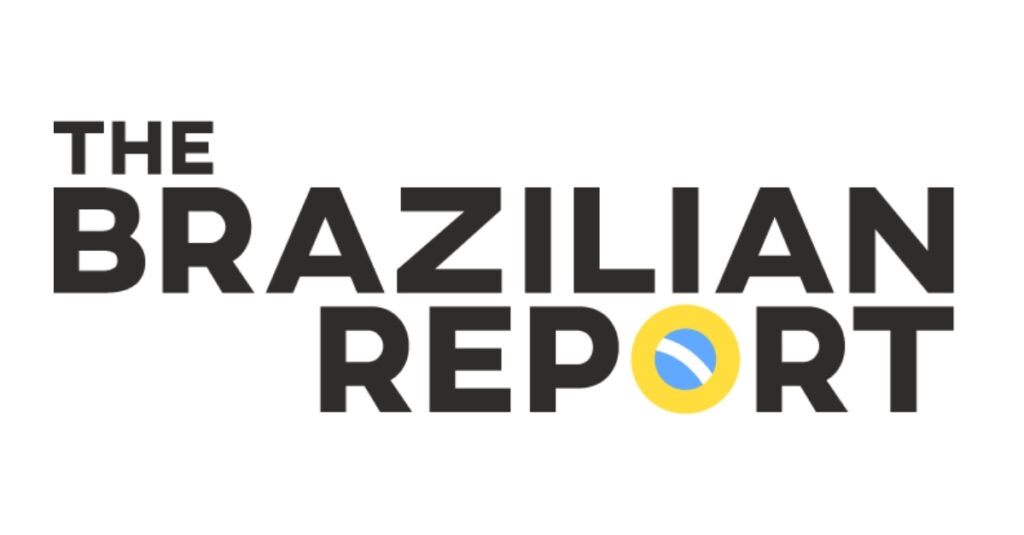Brazil’s Public Security Dilemma: The Surge of Organized Crime in Rio de Janeiro
Over the past few decades, Rio de Janeiro has found itself ensnared in the relentless grip of organized crime. Recently, the issue has aggravated, manifesting in more violent and daring attacks from heavily armed gangs. This surge in criminal activity has reignited debates about public security in Brazil and the efficacy of government interventions.
Organized crime in Brazil, particularly in Rio, has deep roots. The city has long been plagued by violent gangs such as the Comando Vermelho (Red Command), which emerged in the 1980s from a union of prisoners seeking mutual protection. This infamous gang, along with others like it, has established a robust network of narcotics trafficking, arms smuggling, and extortion. Over the years, these groups have grown more sophisticated, often outgunning the local police force.
In recent news, military police clashed with heavily armed gangs in the Complexo do Alemão, a sprawling favela in northern Rio. The firefight resulted in numerous casualties, including innocent bystanders. These violent confrontations are not isolated; they are symptomatic of a larger issue gripping the city. This latest episode underscores the fragility of public security in Rio and the substantial challenge the government faces in restoring order.
The history of police interventions in Rio has been fraught with controversy. In 2008, a significant program known as Pacifying Police Units (UPPs) was launched in an attempt to reclaim control over favelas from the gangs. While initially heralded as a success, subsequent years have revealed the program’s limitations. Critics argue that the UPPs merely pushed the problem to other areas, without addressing the underlying issues of poverty, lack of education, and limited economic opportunities, which fuel the cycle of crime.
Economic instability and political corruption exacerbate the situation. Brazil has been grappling with a sluggish economy and political scandals that have undermined public trust in the government. These factors create an environment where crime can thrive. In response, some politicians have advocated for harsher measures, including militarized interventions and sweeping legislative changes.
The current administration has taken a tough-on-crime approach, but the results have been mixed. Increased military presence in favelas has led to temporary declines in violence but has also resulted in numerous accusations of human rights violations and civilian casualties. The balance between maintaining order and respecting civil liberties remains a contentious issue.
The international community is also watching closely. Brazil is set to host several significant global events in the coming years, and public security is a critical concern. Ensuring the safety of residents and visitors alike will require a multifaceted approach, balanced with the need for socioeconomic reform.
For Brazil to effectively tackle this public security dilemma, a comprehensive strategy is essential. This strategy must involve not only increased policing efforts but also robust social programs designed to address the root causes of crime. Education, job creation, and social support structures are crucial components that need immediate attention.
Moreover, collaboration between various levels of government, as well as partnerships with international bodies, could provide the necessary resources and expertise. The integration of technology and intelligence-sharing among law enforcement agencies can also enhance the effectiveness of anticrime operations.
In conclusion, the surge of organized crime in Rio de Janeiro is a multifaceted issue that reflects broader socioeconomic and political challenges facing Brazil. Addressing it requires a balanced approach that combines immediate security measures with long-term social and economic reforms. Only through such an inclusive strategy can Brazil hope to restore peace and stability to its cities.
For more information on Brazil’s public security policies and current events, visit The Brazilian Report.
